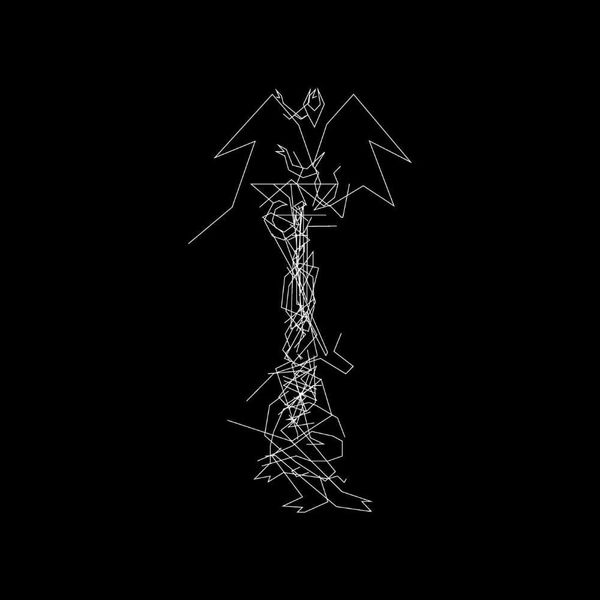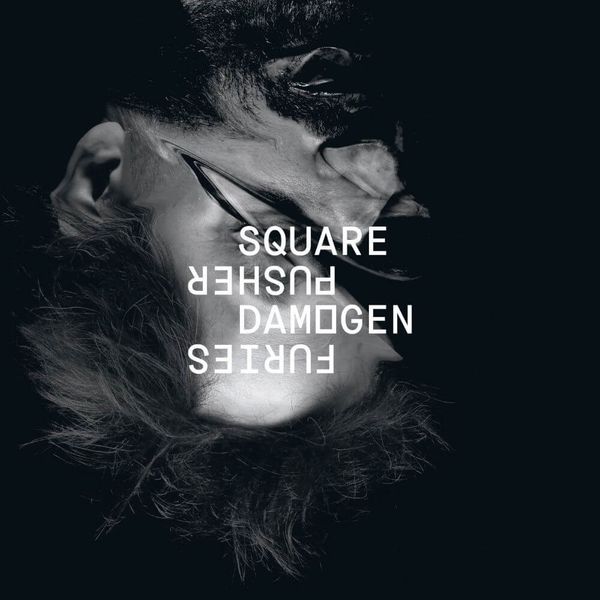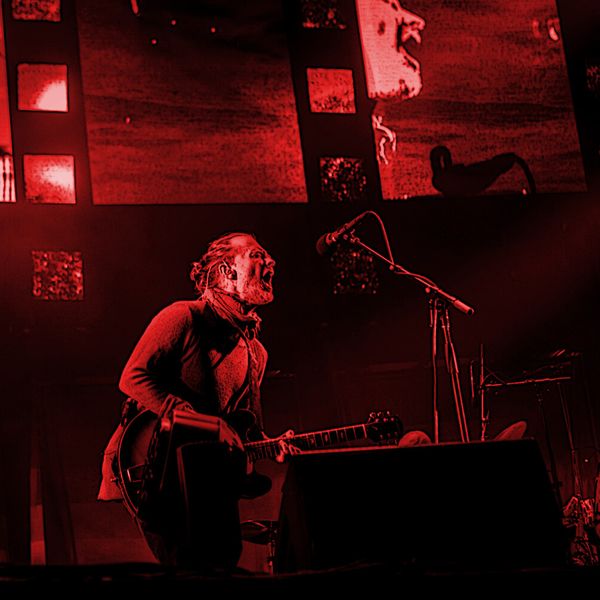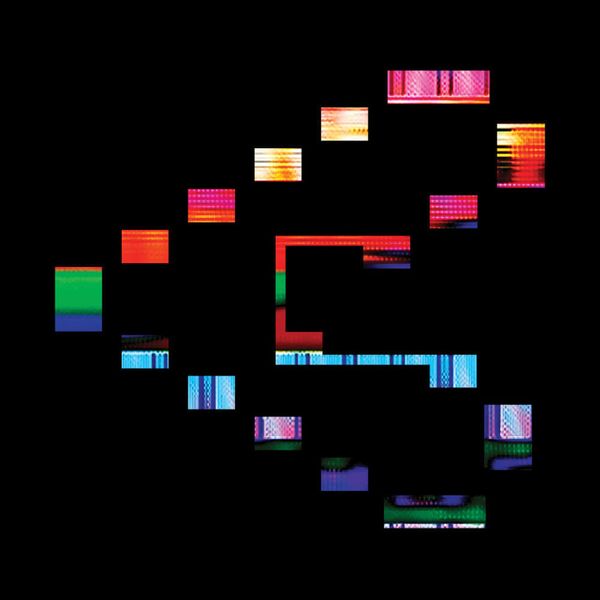André
Ten years after its release, I cannot think of a single record that sounds anything remotely like Cosmogramma. The level of inventiveness Flying Lotus shows on his this, his third studio album, sets it apart from any release in the 21st century that is electronic, jazz, or otherwise. For all of its wonders and possibilities, technology has made it even easier to release boring music, but here is an artist who truly shows the potential of what it can do for this beloved medium. In short, Cosmogramma is a stunning showcase of music made, or at the very least assisted by, computers. Time has only proved it to be a genuine modern masterpiece.
Skeptics are often suspicious of the lack of human elements that certain strands of electronic music carries. Sure, much of Cosmogramma doesn’t sound all that natural, but it rarely sounds robotic either. It resembles a foreign being that, naturally, takes time to translate and treasure. Wobbly synths and thumping beats occupy the same space as brass, strings and vocal features, creating a most curious and fascinating amalgamation. Cosmogramma transcends genre, and unless someone, somehow, finds a particular term that incorporates elements of electronica, jazz, hip-hop, drum and bass, chiptune, IDM and countless other musical forms, it will continue to stand as its own entity. Alongside the likes of Aphex Twin, Boards of Canada, and Autechre (all cutting-edge artists under the Warp label), FlyLo has delivered on the possibilities that technology has presented for decades.
This would all mean very little if the record wasn’t such a riveting ride. Thankfully, Cosmogramma is a compelling and joyous listening experience, sequenced with genuine purpose and structure, and displayed through multiple acts that allows the mind to ponder through musical peaks and troughs. Whilst there are moments in the final stretch that don’t quite live up to what comes before, there aren’t enough to put any sort of hindrance on the experience. And Comogramma is exactly that – an experience, a cosmic journey with enough twists and turns to retain the adrenaline from start to finish. The atmosphere conveys a deep grey, yet the sounds and arrangements themselves are so colourful and animated. It practically pleads for repeat listens, to untangle the density and reap the rewards. For all his brilliant, imaginative, and innovative works, Cosmogramma remains FlyLo’s crowning achievement.
9 out of 10
Fred
Being the grifter and fraud I am, I did not read about this album before listening to it. So when I told André I thought it sounded like digital jazz I had no idea just how close to the truth that was. As it turns out, Flying Lotus comes from a rich tradition of tender, audacious artistry, but like any artist worth his salt he pushes the boundaries to find something entirely of his own.
I have never listened to another album like Cosmogramma. Even the best albums usually have a frame of reference, a genre they vaguely belong to, but Cosmogramma is too daring to be reduced to ‘electronica’ or ‘jazz’ or anything else. Even my laboured, clumsy metaphors don’t cut it. There are so many styles rubbing shoulders that I don’t rightly know how to talk about them. It’s Thom Yorke and Thundercat and Coltrane under one roof, having a ball. It’s uncanny valley music, as robotic as it is soulful. It’s Cosmogramma. A mystery, but a beautiful one.
As ever, I have to dampen the mood before wrapping up. I do think Cosmogramma’s status says as much about the complacency surrounding electronically-edged music as it does about the album itself. When most of one’s peers sound like tech demos I suppose ambition itself becomes a revolutionary act. To hear someone use the limitless possibilities of digital music as a means to an end is wonderful, but it would be nice if it wasn’t such a rarity.
8 out of 10
Michael
I must confess that I feel somewhat daunted by, and emotionally unprepared to cope with the full implications of, the task of writing in teeny-tiny capsule form about Cosmogramma on the occasion of its tenth anniversary. Not only do I regard it as one of the more historically significant records of the previous decade, but also as a dearly treasured artefact of my adolescence – a foundational work in my personal journey as a music lover, and perhaps, if you pushed me on the matter, my favourite record.
It now exists in my memory as a work that, upon my first encounter as a 15-year-old, rewired completely my narrow expectations of the form ‘electronic music’ could take and the things it could accomplish, and has continued to confound and delight as I have lived with it since its release. All of which is to say: anything I write here will likely serve as a woefully inadequate reflection of this record, its wider context and influence, and everything it means to me.
So, I ought to keep it simple – which, granted, is also difficult when, as André writes, Cosmogramma is such a dense, overstimulated, and formidably complex record. Partly conceived as a reaction to an incuriosity endemic in Los Angeles’ laptop-based beat music scene, this thing is graced with a superabundance of ambition and imagination that is, especially upon initial listens, completely overwhelming. We can hear in it an earnest effort to make the most of the magnificent compositional and textural opportunities afforded by the impossible elasticity of laptop production, which Ellison felt had been squandered by all involved in the scene.
This record is not simply the product of an artist fleshing out his personal style, but of one pushing himself to create something that simply would not have been imaginable with older technology. If today it still sounds like some future shit – and I think it absolutely does – this is partly because Ellison conceives of the laptop here not as an instrument akin to a synthesizer or sampler, or as a simple end in itself, but instead as a special kind of blank canvas, large enough to accommodate a grand vortex of seemingly incompatible ideas, textures, and styles, and strong enough to withstand the process of their rapid synthesis.
Paradoxically, then, Cosmogramma’s ambition is perhaps most keenly felt in its miraculous hybrid sound – the way in which, for Ellison, the infinite possibilities afforded by laptop production welcomed, rather than negated entirely, a discernible organic presence. Following the unexpected death of his mother during the early stages of Cosmogramma’s production, Ellison found in the music of his great-aunt – spiritual jazz pioneer Alice Coltrane – a tactility and raw emotion that he felt missing in his own work and that of his contemporaries, as well as a spiritual guide through his grief-stricken contemplation of life, the universe, and everything. Ellison sought to channel the cacophonous depth of feeling found on records like Lord of Lords and World Galaxy, and thus courted on this album a vital human element – the thrill of a person wrestling with an instrument. Not wanting to merely sample the work of others, and not being proficient with any instrument himself, he called upon friends like Rebekah Raff (harp), Miguel Atwood-Ferguson (strings), and perhaps most importantly, Thundercat (bass) to provide the invaluable, and extraordinary emotional anchor in the maximalist digital maelstrom.
The organic and the synthetic therefore exist here not as conflicting opposites, but as two central players in a broader cosmic drama that plays out on this record – a sprawling, elliptical thing that careens anxiously through myriad moments, feelings, and mental states, and arrives at a sense of peace when connecting them to something much grander and intensely spiritual.
10 out of 10



